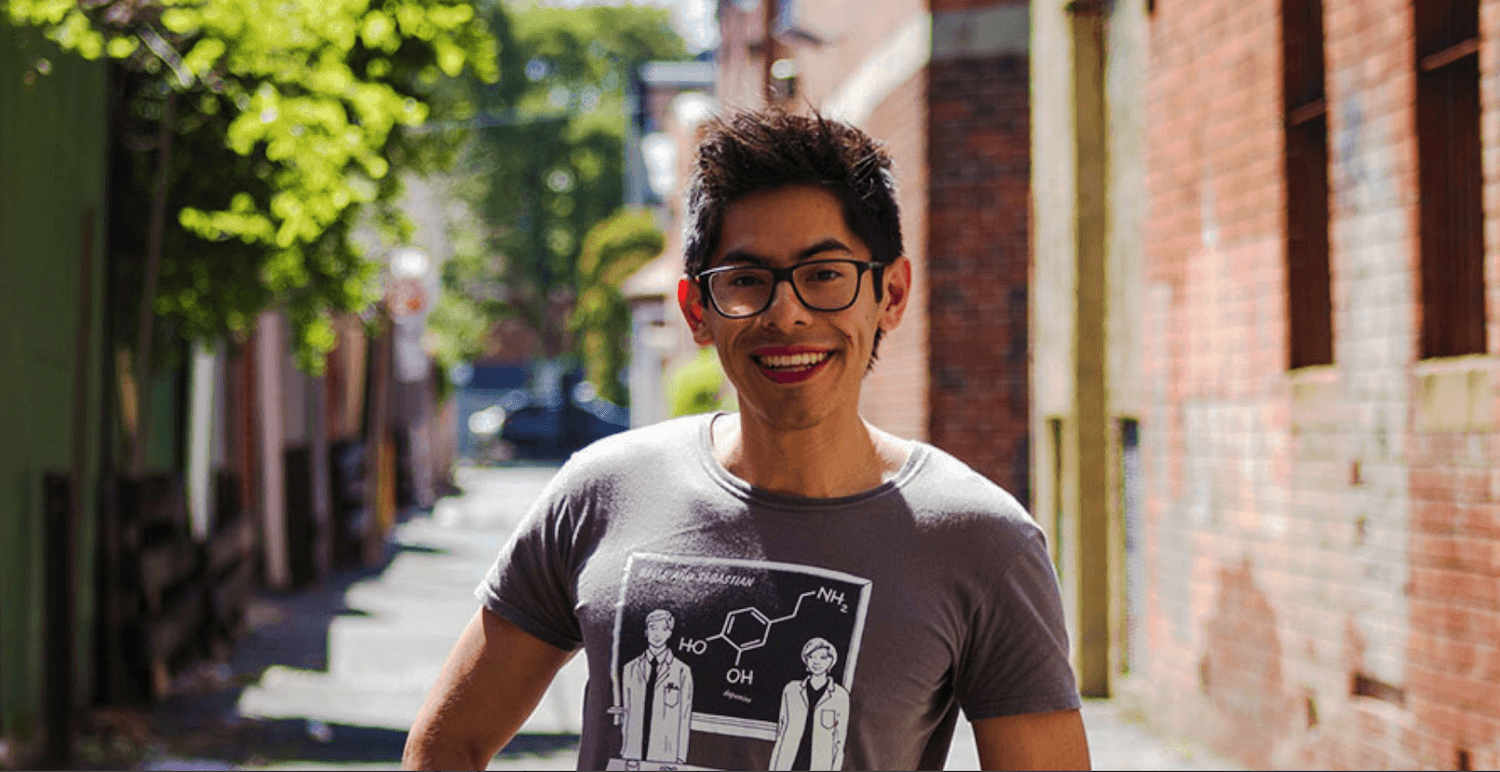
It's okay not to come out
February 03, 2022
I haven’t come out to my dad. It’s been eight years since I first kissed a boy and I’ve had an amazing partner for four of them. I’ve made my peace with never coming out to him, or the rest of my extended family for that matter, and I’ve finally realised that not coming out is actually okay.
Here’s the important bit: not coming out to particular people in your life doesn’t mean your ‘closeted’. It means you’ve done the work to come out on your terms, in the way that works for you in your life, family, or culture.
Being queer has been a source of self-love for me. What it means though is that I’m discovering how to come out on my own terms, how to celebrate my queerness in my own culture. My own culture is the key word here. Everyone’s family life is different, so their experience of coming out should be too.
Often multicultural and multi-faith coming out stories are different to the ones we see in film and TV. Mainstream narratives often position coming out to everyone we know as the ultimate last step – the be all and end all. But those stories don’t include the nuances of coming out, or the perspective of different cultural background.
For many of us, we still have to reconcile all of that with our faith or cultural background. And this can be really difficult. I’m a Mexican non-binary person, and questioning Mexican ideas of masculinity was part of my coming out journey.
Every single noun in Spanish has to be gendered. So on top of working out my gender identity, I also had to reconcile my cultural identity too. It’s an added layer that not everyone has to go through.
Non-binary Latin American people like me, use the neutral term Latinx to describe our background (as opposed to the gendered Latino or Latina). As a Latinx person, reconciling my cultural identity with my gender and sexual identity has taken significantly more work than just coming to terms with my gender and sexual identity alone.
Queer people from multicultural or multifaith backgrounds have to navigate identity in terms of a very different cultural profile compared to others. Being gay, ace, trans or non-binary often means something completely different to us, and we don’t have as many role models to look to for guidance.
For many Latinx people, coming out is a gradual and continuous process. For me there isn’t that single moment where I said it out loud to everyone else (and there might never be). Many of us come out in silence; in actions rather than words. For example, the cover for my phone has a rainbow at the back. Of course, I know my father is well aware of its meaning, but he's never commented on it.
They know I travel to Sydney every few weeks to visit my partner, but it's never really my "partner" in their mind. It's this in-between state of “friend” and “life companion”.
To my family, “gay” means a purely sexual relationship and misses all the other, far more fulfilling, aspects of the relationship I have with my partner. This is why the closet is a safe space for me: it lets me happily maintain the relationship I have with my partner, my gender and my family.
I can only speak for my own experiences working through it all, but it’s a conversation that can happen within other cultures too. This idea that coming out to everyone is the last or ultimate stage of coming out isn’t the case for everyone - and that should be celebrated too.
You can learn a lot from others who have combined their sexuality or gender identity with their cultural identity. Find others from your community that can relate – it’s a tremendous help, and an amazing feeling.
People who choose not to come out to particular people in their life, or at all, are no less brave than those who do.
Related articles
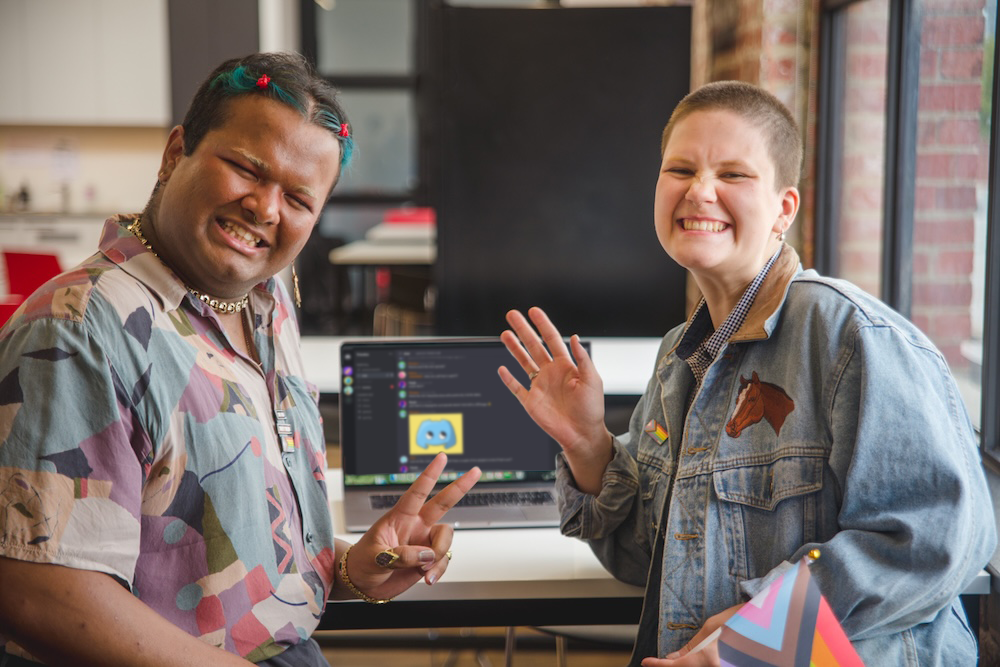
From December 10, big changes are coming for anyone in Australia under 16. Here's how we'll support you to remain connected with your community.
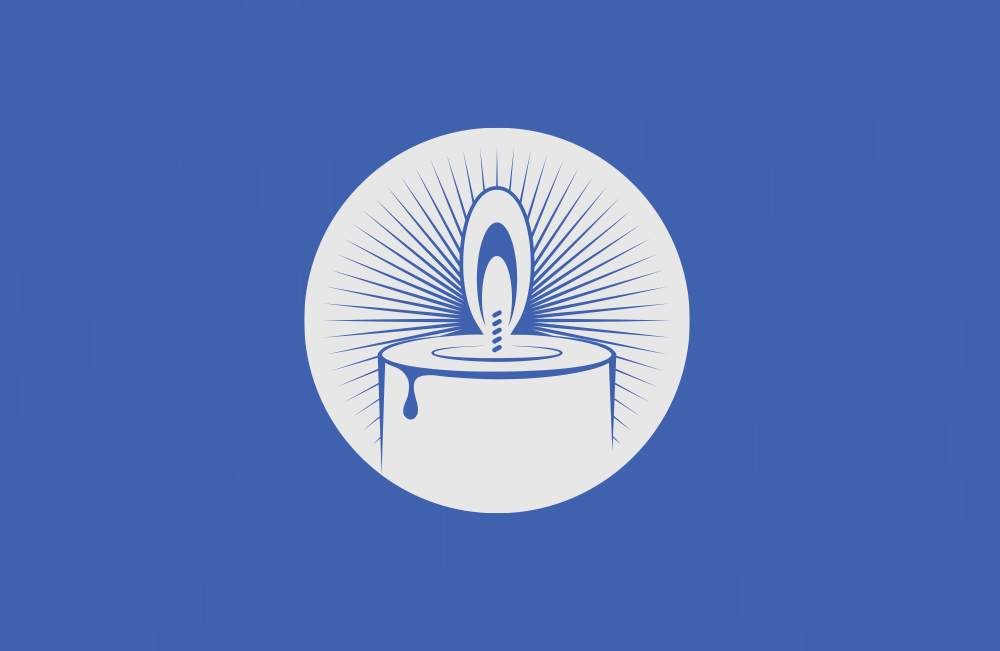
Trans Day of Remembrance is an important opportunity to honour those who have lost their lives to transphobic violence, and take a stand against transphobia.
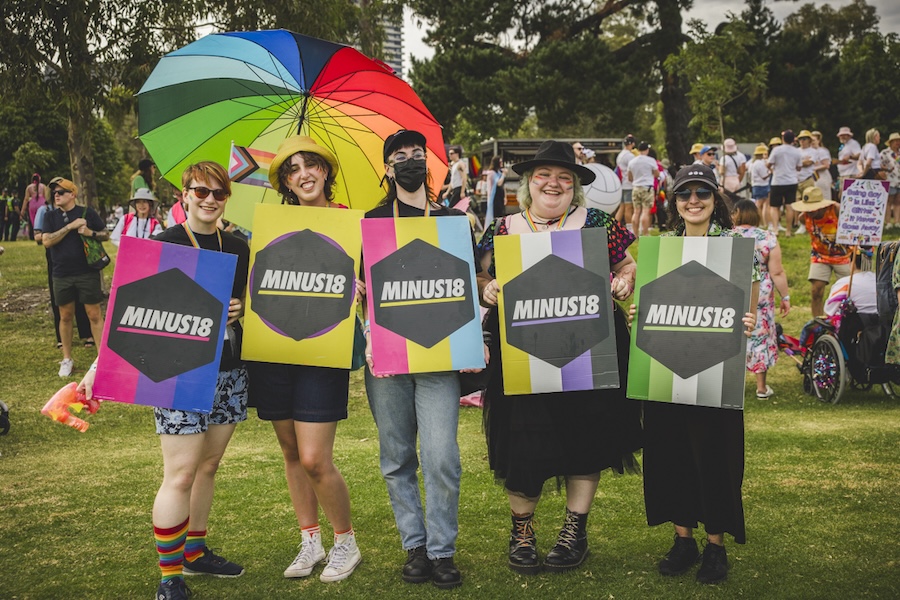
Labels can be comforting – a way to find people who understand you, and proof that you’re not alone. But it's also okay if you're still figuring it out.
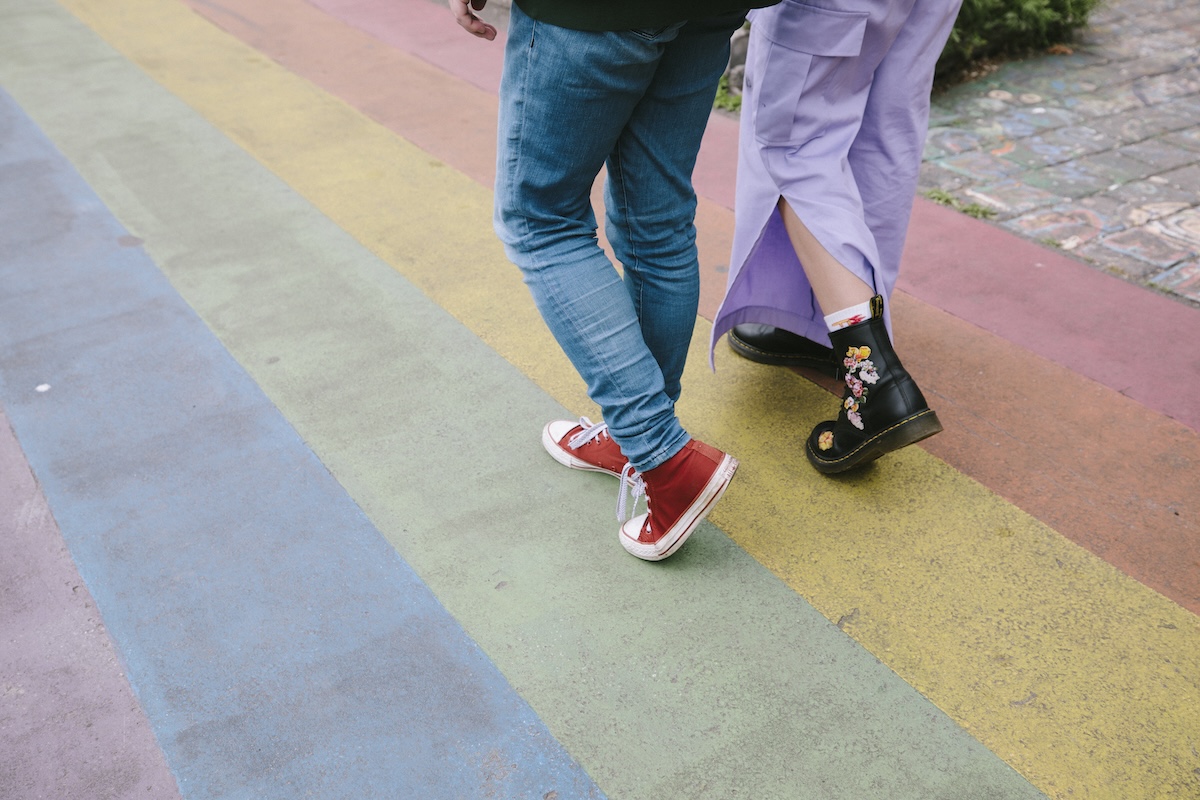
Uncertainty can be beautiful. Being “in-between” labels, between versions of ourselves, is part of life.